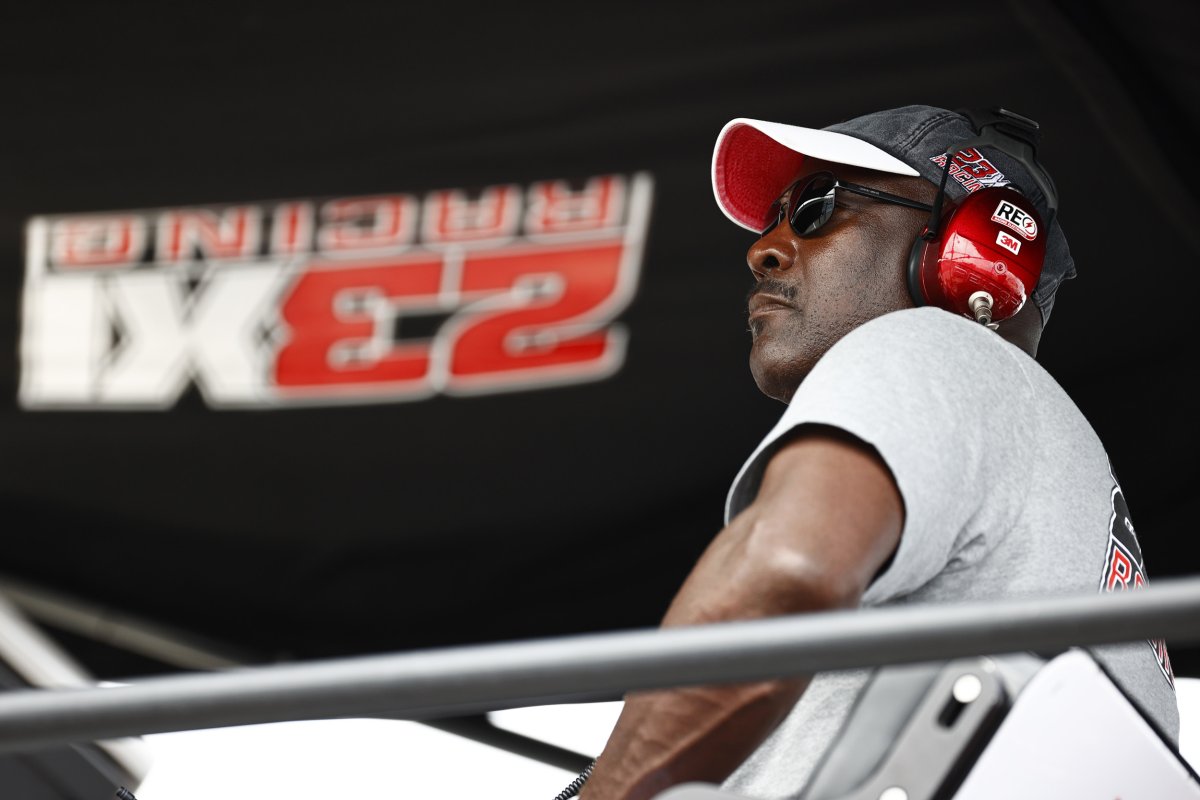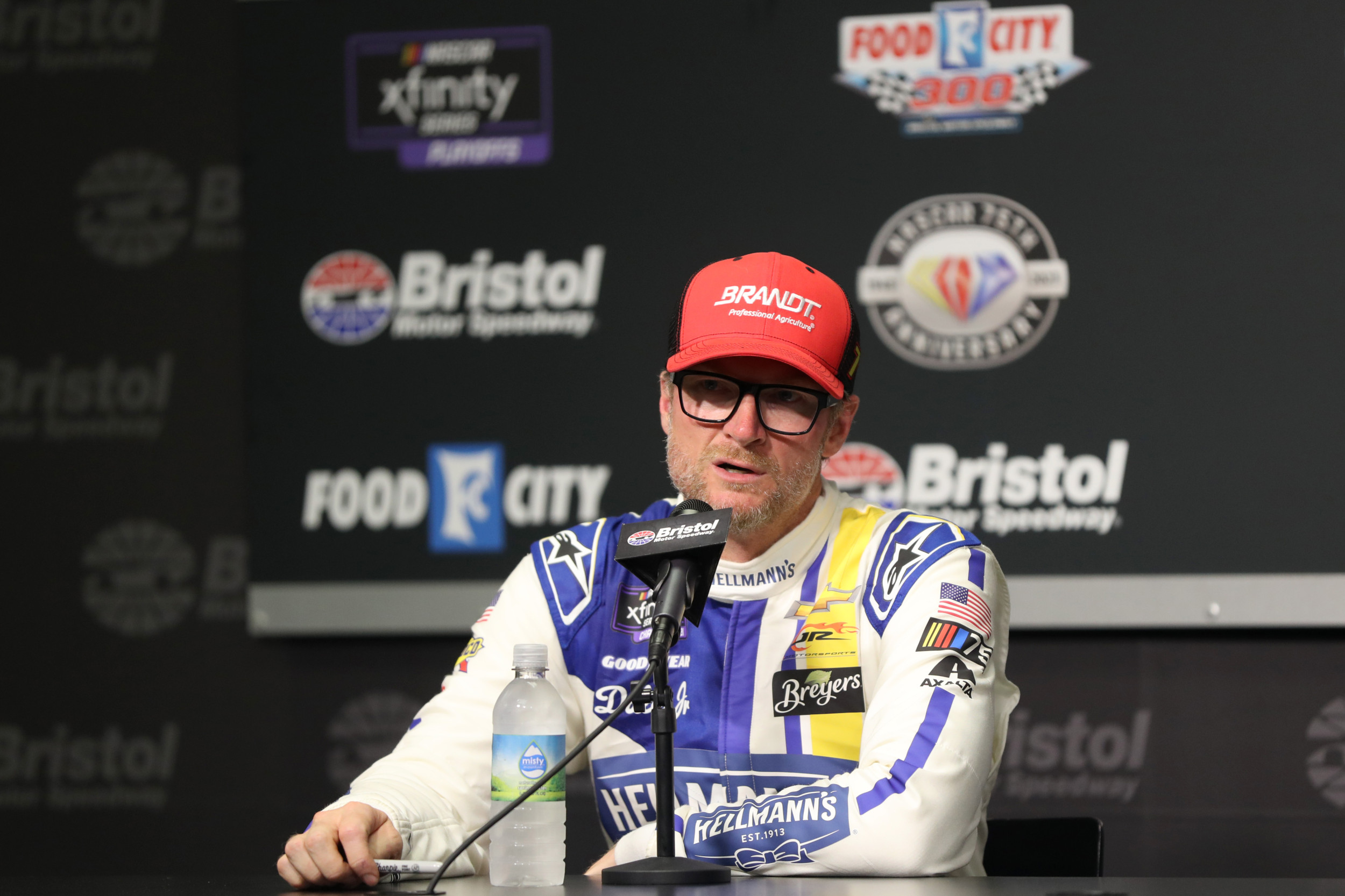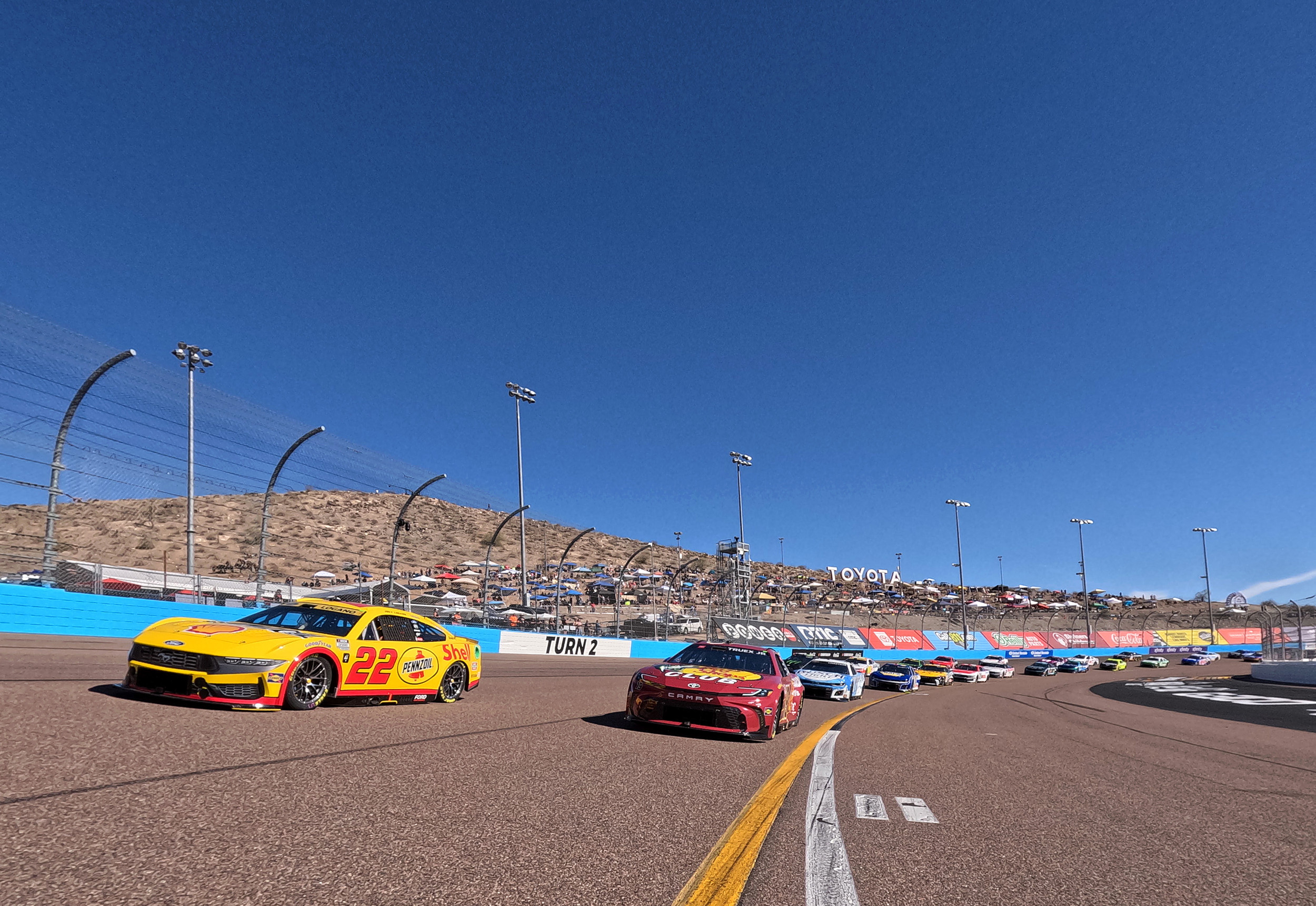The latest stage of the antitrust lawsuit filed against NASCAR has seen a federal judge rule against the sports request to dismiss the filing, marking another small victory for 23XI Racing and Front Row Motorsports.
Judge Kenneth Bell's decisions indicate a move towards a trial, ensuring that 23XI Racing and Front Row will have a chance to substantiate their antitrust claims against some NASCAR policies.
23XI Racing and FRM's attorney Jeffrey Kessler has now released a statement after the latest ruling.
The lawsuit was initiated in 2024 when 23XI Racing, co-owned by NBA legend Michael Jordan and Denny Hamlin, alongside Front Row Motorsports, owned by Bob Jenkins, took legal action against NASCAR.

They alleged that NASCAR's rules and charter system had created a restrictive and monopolistic atmosphere.
The charter system is a framework within NASCAR that provides financial benefits and guarantees to specific teams, but the racing teams argue that this arrangement suppresses competition.
Together, the teams aim to bring about a more competitive structure that they argue would benefit all involved in the sport, from teams and drivers to sponsors.
Meanwhile, Jim France, Chairman of NASCAR, and the organization itself have maintained their current approach to stock car racing, which the plaintiffs contest.
The initial stages of the legal proceedings have provided 23XI and FRM some legal wins. The denied motions include one from NASCAR seeking to dismiss the lawsuit altogether and another that sought to make the racing teams post bonds, sourced from their team charters as a protective measure for NASCAR's financial interests.
The funds, approximately $5 million per team charter annually, were viewed by NASCAR as a safeguard for potential reimbursement. However, Judge Bell concluded that such a requirement was not justified given the current uncertainties of NASCAR's position.
Kessler commented in a statement:
"We are pleased with today's decision by Judge Bell to deny the Motions to Dismiss and Motion for Bond and look forward to presenting our case at trial."
Judge Bell specifically noted that his decision not to dismiss the lawsuit was due to the need to examine the evidence before making any conclusions.
He acknowledged the plaintiffs had indeed laid out plausible antitrust claims that warranted further investigation. He explained in the filing:
"The parties to this action cast their existential dispute in starkly different terms. According to Plaintiffs, NASCAR (led by the dynastic France family) is the iron-fisted monopolistic ruler of premier stock car racing that has imposed "anticompetitive 'take it or leave it' terms" on Plaintiffs and other top-tier racing teams.
"In Defendants' telling, NASCAR and the France family are the founders and guiding lights of a beloved and valuable racing series, who have fairly negotiated mutually beneficial "Charter Agreements" that reflect reasonable commercial terms between NASCAR and the race teams.
"What is the actual evidence and how does it inform a correct legal conclusion? These questions cannot be determined on motions to dismiss in this action, where Plaintiffs have sufficiently alleged one or more plausible antitrust claims against Defendants within the applicable period of limitations.
"Instead, the answers must be found when the parties have a full opportunity to pursue discovery of the relevant facts and then at trial, where the jury will be able to weigh the evidence and assess the credibility of the witnesses (unless the case is resolved sooner by the parties or the Court). Therefore, the Court will DENY the Defendants' Motions to Dismiss."
He added:
"The alleged harm to NASCAR of allowing Plaintiffs to race chartered cars on the same terms as the other 30 chartered teams is presently both uncertain and unquantified.
"Therefore, the Court, in its discretion, will waive the security requirement of Rule 65(c) and will not require Plaintiffs to post a bond for the issuance of the Preliminary Injunctions.
"However, by this ruling, the Court does not foreclose NASCAR's ability to later pursue reimbursement for harm it contends that it has suffered as a result of a wrongfully entered injunction."






.png)













 English (US) ·
English (US) ·